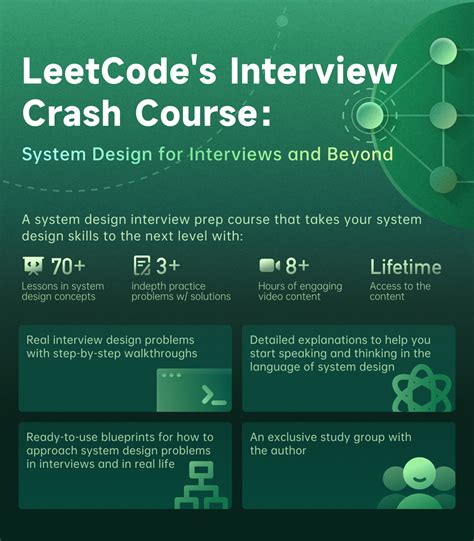The modern tech industry has institutionalized LeetCode-style interviews to a point where they often feel like a necessary evil rather than a beneficial assessment. These interviews, which predominantly test one’s ability to solve algorithmic problems under time constraints, supposedly serve as a proxy for evaluating a candidate’s problem-solving skills and coding prowess. However, a growing chorus from both experienced engineers and hiring managers suggests that this format is not only limited but may be fundamentally flawed.
LeetCode interviews often neglect the reality of day-to-day software engineering. Yes, knowing how to balance a binary tree or implement a depth-first search is great, but these tasks rarely mirror the actual work of building maintainable systems, debugging complex codebases, or collaborating closely with a team. The algorithms and data structures commonly tested can be easily looked up, making the test less about one’s ability to solve real-world engineering problems and more about their capacity to memorize and regurgitate specific solutions.
Moreover, the emphasis on these tests creates inherent biases. For instance, the format tends to favor recent graduates who have spent the last few years immersed in academic environments where such problems are frequently discussed. Experienced engineers, on the other hand, may find themselves out of practice with these algorithms, not because they lack the capability, but because their daily work rarely requires them. This gap even leads some to avoid career changes unless absolutely necessary, simply to sidestep these cumbersome tests.
The comments on this issue from various forums also reflect deep-seated frustrations. Candidates often report feeling demoralized after such interviews, particularly when they encounter ambiguous instructions or opaque evaluation criteria. One comment points out, ‘Leetcode interviews filter out anyone who has any kind of commitment like kids, aging parents to take care of, or have health issues.’ This observation highlights a critical flaw—the inability of these interviews to account for personal circumstances and learning curves, effectively sidelining skilled engineers who may not have the luxury of dedicating hours daily to LeetCode prep.
What’s more, the redundancy of LeetCode problems means candidates who might solve one problem well might still flunk others based on mere familiarity rather than skill. A comment poignantly noted, ‘Even if you know how to problem-solve, you’ll freeze or fail to get the right quirk absent in textbooks.’ This randomness breeds a culture of high-stress preparation, where rote memorization trumps genuine understanding and long-term problem-solving prowess.
So what is the alternative? Some suggest realistic coding assignments or system design discussions. For example, instead of ambiguous algorithm challenges, how about evaluating the candidate’s ability to debug an existing codebase? Or assessing their approach to refactoring problematic code? These tasks better mirror real-world challenges and can expose a candidate’s true understanding of software architecture. One insightful comment proposes, ‘Pair programming on real problems, not abstract ones, shows how someone adapts to actual job responsibilities.’
Finally, the tech community must reframe the concept of hiring as a two-way street—candidates should also evaluate if they want to work at a place where rigid testing supersedes practical skill evaluation. As another commenter mentioned, ‘If a company designs an interview process that involves all this hoop jumping and whiteboard hazing, they are adding bias against older, more experienced candidates.’ Companies need to recognize that their interview process shapes their culture and impacts who decides to join—or avoid—their teams.
As the industry evolves, so too should our methods for evaluating talent. Moving away from LeetCode-style interviews might seem daunting, but it may be essential for fostering truly inclusive, effective, and innovative workplaces. By making this shift, we can better match candidates to roles, ensuring they have both the hard and soft skills necessary to thrive in today’s dynamic tech landscape.


Leave a Reply